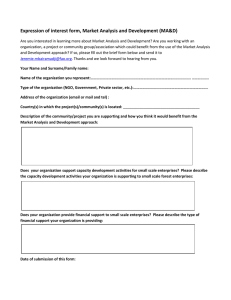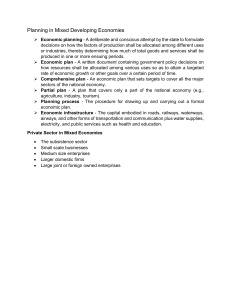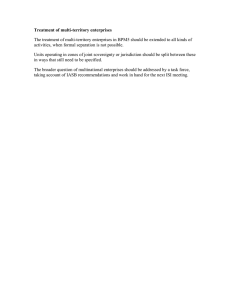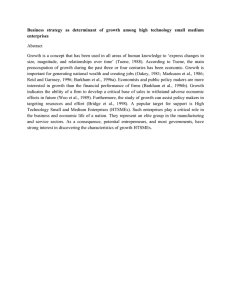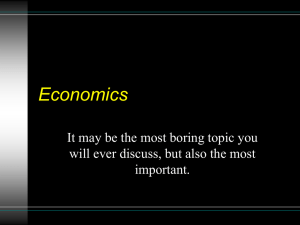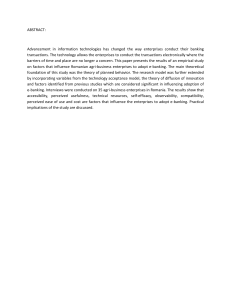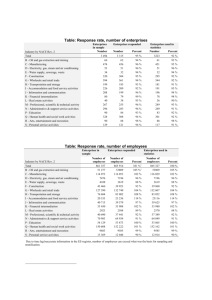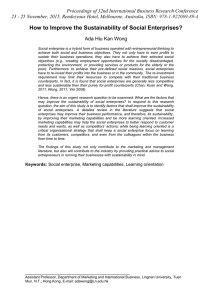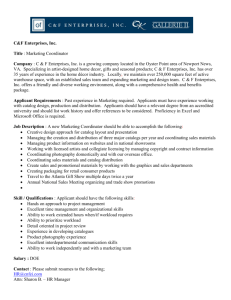How were the Five Year Plans organised?
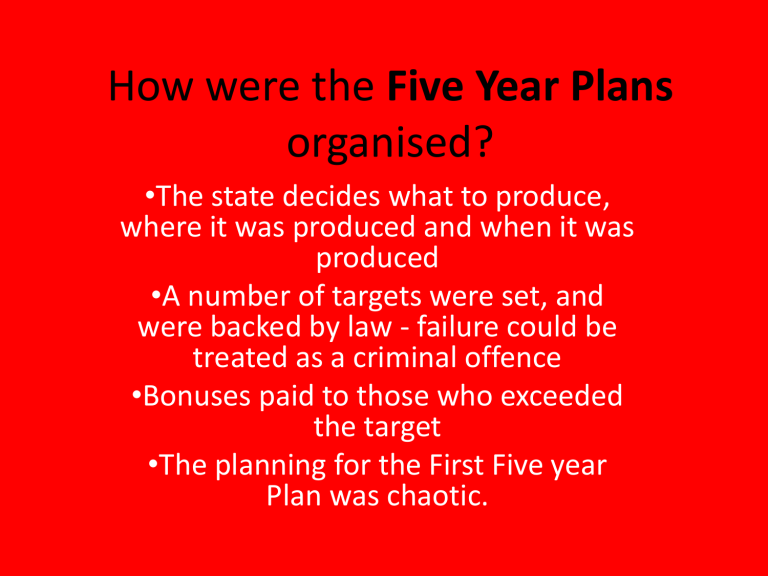
How were the Five Year Plans organised?
• The state decides what to produce, where it was produced and when it was produced
• A number of targets were set, and were backed by law - failure could be treated as a criminal offence
• Bonuses paid to those who exceeded the target
• The planning for the First Five year
Plan was chaotic.
Party
The party sets targets for Heavy industry
Commissariat for Heavy industry
Specific output targets set, e.g. quantities of coal.
Prices, wages, costs, type of inputs and outputs are all set.
Sometimes the
Commissariat dealt with the enterprises directly
Regional administrators
More output targets and instructions about resources were sent to regional administrations e.g. local authorities
Industrial enterprise
The director(manager) of an industrial enterprise has sole responsibility for meeting targets
• Trade Unions ordered not to interfere, but to focus on increasing worker activity.
• Workers lost control over how the factory is run: Opinions ignored and forbidden.
• The party got involved in checking whether enterprises were fulfilling the plans
• Party secretaries were help responsible for their industrial enterprises; May have punishments if their specific area did not achieve certain targets
Features of the plans
• Stalin and the Supreme Economic Council agreed that the majority of the investment should go into coal, iron and heavy industries
• Less dependent on the west for these goodsmove towards “self sufficiency”
• This meant production of clothing, shoes and similar products would be downgraded.
• Citizens were ‘asked’ to sacrifice their standard of living
More features of the plans
• 1) Huge industrial centers literally built from nothing e.g. Magnitogorsk
• 2) Spectacular projects – big push for industrialization e.g. railways, Dnieprostroi
Dam (World’s largest construction site at the time)
Differences between the plans
• The first five year plan generally took longer to produce, and things progressed much slower.
• Chaotic
• Less output
As more plans emerged, output gradually grew
